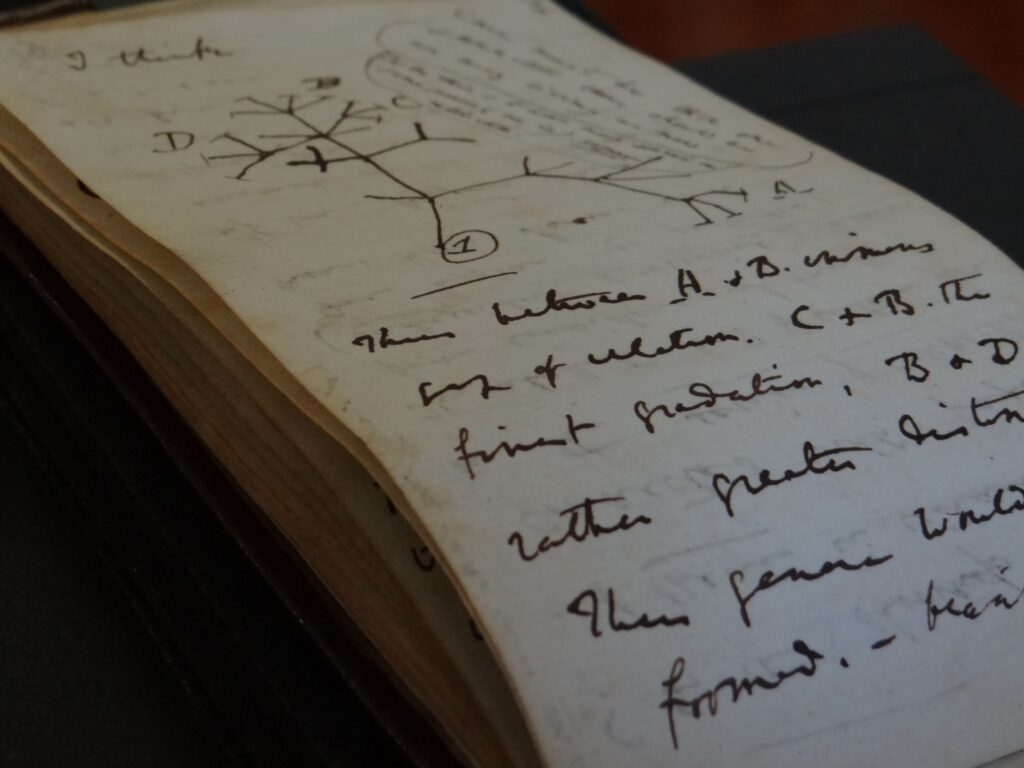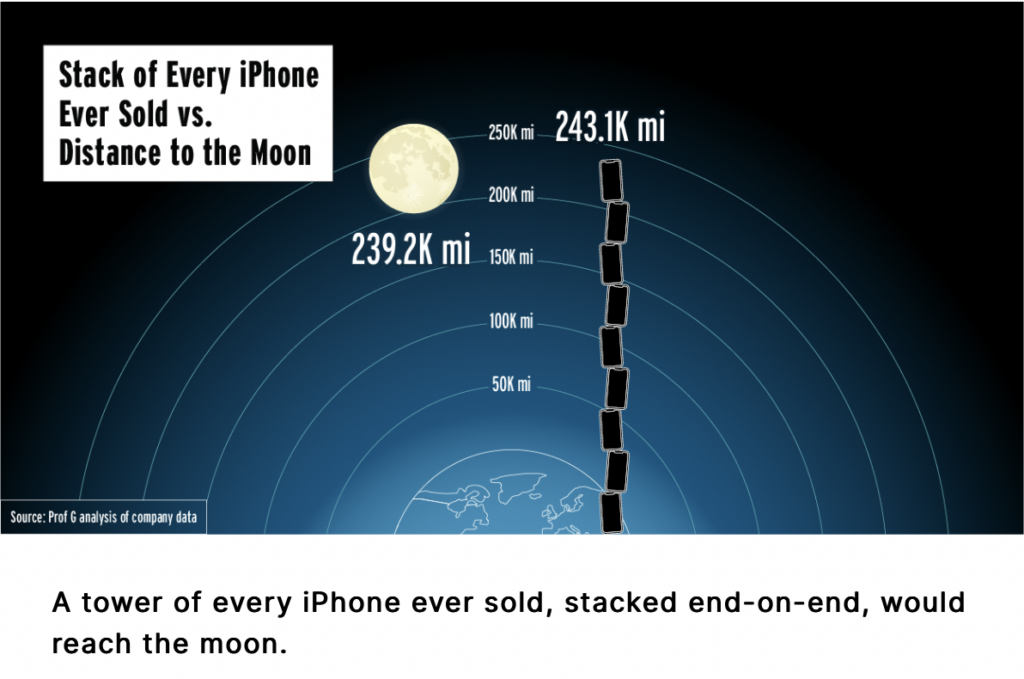Many Happy Returns, Charles
Here’s a bit of good news. Two notebooks of Charles Darwin, missing for two decades, one of which contains his famous ‘Tree of Life’ sketch, have been returned to Cambridge University Library, their rightful home.

Image Credit: Cambridge University Library
They were returned anonymously to the Library on March 9 in a bright pink gift bag (!) containing the notebooks’ archive box and inside a plain brown envelope addressed to the University Librarian with the printed message: “Happy Easter, X”. And they’re in good condition, with no obvious signs of significant handling or damage sustained in the years since their disappearance.
Quote of the Day
”Soon after I enter Decentraland, I fall through a fountain and land in a bar, where an octopus is serving drinks. In the corner, two bots are having a scripted conversation about why the NFTs on display in the metaverse are superior to physical artworks. (It’s because they aren’t hidden away in a collector’s archive.) At least at the Tate my ability to view the art isn’t limited by my computer’s processing power, I think, as I try — unsuccessfully — to order a virtual pint from the octopus.”
- The Financial Times’s Peter Bradshaw, describing his visit to a ‘metaverse’.
Funny to think that this is what Mark Zuckerberg thinks is the human future.
Musical alternative to the morning’s radio news
Mark Knopfler & Chet Atkins | Instrumental Medley
Recorded at the Secret Policeman’s Ball, 1987. Their version of John Lennon’s Imagine is particularly sweet.
Long Read of the Day

The geopolitics of fossil fuels and renewables reshape the world
When we come to look back on 2022, my hunch is that Helen Thompson’s book will be seen as one of the most perceptive books published in recent years. When, nearly a decade ago, I was searching for the historical origins of the mess we’re in today, she changed the way I thought about these things. Just as investigative reporters always follow the money, Helen suggested that “following the oil” would be a productive line of inquiry.
Her book is a masterful exposition of how to do that. But it’s a long read and I guess many people won’t be up for the journey, so it’s great to see her capture some of the thinking behind it in this succinct article in Nature. For nearly 200 years, Helen argues, fossil-fuel energy has been central to geopolitics. And with 84% of our energy still coming from oil, coal and gas, the transition to renewable energy sources will take longer and be more painful than most people are willing to admit. Given that the transition will be a long one, therefore, fossil fuels will continue to shape geopolitics. In that sense, the war in Ukraine provides a sobering reality check on our global plight.
My commonplace booklet
My belief that the term ‘meatspace’ was coined by John Perry Barlow in 1995 has sparked some speculation that it may have originated earlier in cyberpunk sci-fi. And someone found it used in a News Group post dated 21 February 1993. It’s possible that Barlow picked it up from there, since he was already a pre-Web internet veteran then. (He was on The Well from 1986 onwards, for example.)
I once shared a speaking gig with him, which was entertaining and, for me, instructive. Our session was allocated 60 minutes, and he spoke first — for 50 of them!
Thanks to David Elliott for launching me down this entertaining rabbit hole.
This Blog is also available as a daily email. If you think that might suit you better, why not subscribe? One email a day, Monday through Friday, delivered to your inbox. It’s free, and you can always unsubscribe if you conclude your inbox is full enough already!




